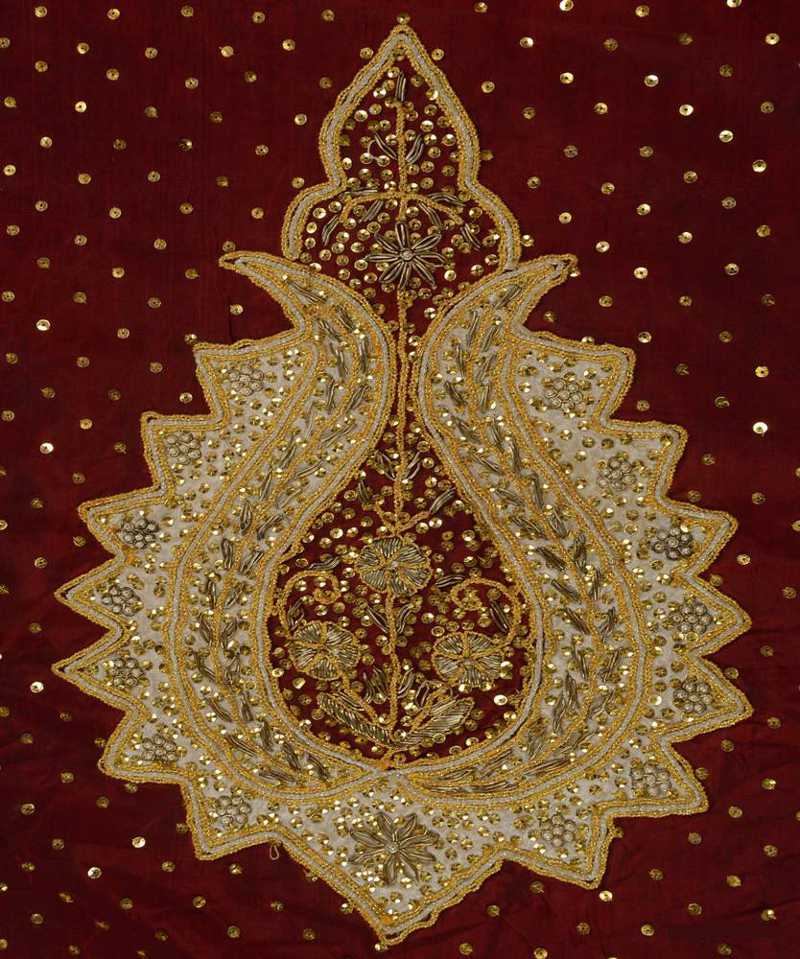===
0859,
5
===

=== |
 |
ugalnā : 'To spit out; to bring up from the stomach or craw (as birds for their young, or as cattle in chewing the cud); to throw up, vomit, reject, disgorge; to restore or refund (property surreptitiously obtained...): — ugal - paṛnā , v.n. To be spit out, &c.; to fall out of its sheath (a sword, &c.). (Platts p.71)
FWP:
SETS
MOTIFS == [BELOVED IS NOT GOD]; CLOTHING/NAKEDNESS; EROTIC SUGGESTION
NAMES
TERMS == THEMEI have nothing special to add.